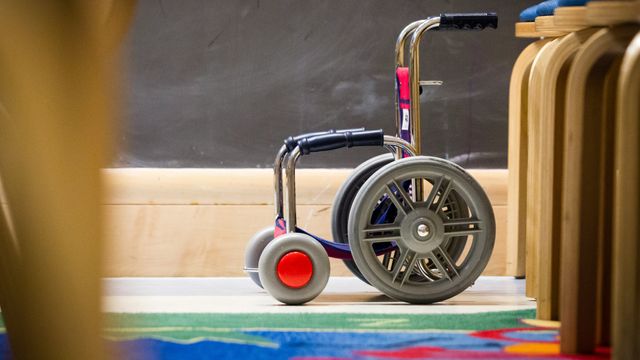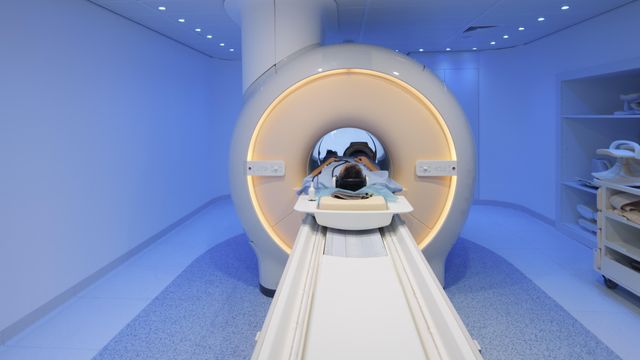Senior Writer and Newsroom Team Lead
at Technology Networks
Molly reports on various scientific topics, covering the latest breaking news and writing long-form pieces. In 2020, she created the Teach Me in 10 video series, where weekly guests discuss and teach a scientific concept in less than 10 minutes. Before joining Technology Networks in 2019, Molly worked as a clinical research associate in the NHS and as a freelance science writer. She has a first-class honors degree in neuroscience from the University of Leeds and received a Partnership Award for her efforts in science communication.
Education
Awards & Certifications
Georgina Henry Award for Digital Innovation Nominee
Lord Laidlaw Scholarship Recipient, University of Leeds
Partnership Award, University of Leeds
Accreditations
Neuroscience, BSc (Hons) recognised by the University of Leeds
Areas of Expertise
Got a Question for Molly Coddington?
Get in touch using the contact form linked here and we'll get back to you shortly.

Male Researchers Retract More Papers Than Their Female Peers

Dementia Research Is “On the Cusp of a Major Breakthrough”

Study of 146,000 Pregnancies Suggests Sex at Birth Isn't Random

Prime Editing Repairs Rare Brain Mutation in Mice

EEG Biomarkers: The Future of Monitoring Neurological Health?

Why Academic Publishing Must Change

UK Biobank Sets New Global Record for Imaging Study

“Radical Transparency” or Not? FDA Releases Hundreds of Decision Letters to the Public

Four Autism Subtypes Found in Study of 5,000 Children



